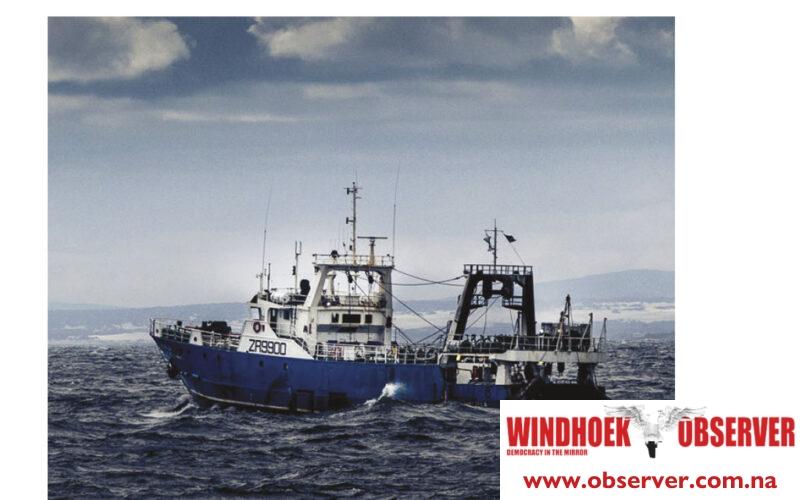Chamwe Kaira
Oceana Group said in the annual results for the year ended 30 September that horse mackerel catch volumes in Namibia improved by 7.5 percent with an increase in both catch rates and sea days.
The group’s total horse mackerel sales volumes reduced 6 percent to 45 327 tons (2022: 48 245 tons).
In South Africa, catch rates were 32.4 percent lower due to the impact of the ongoing La Niña weather pattern on the east coast, and associated warmer sea temperatures extending into the 2023 season.
The Desert Diamond vessel also underwent a planned engine overhaul in the first half of the year, resulting in a reduction in sea days.
Oceana said demand and US-dollar export pricing for horse mackerel remained firm which together with the weaker rand resulted in rand sales prices increasing by 19 percent year-on-year.
South Africa consumers are expected to remain under financial pressure and the company will continue to pursue its strategy to grow Lucky Star consumption.
The new canned meat factory in St Helena Bay was commissioned in the financial year, enabling Lucky Star to continue to leverage both brand strength and depth of distribution into new canned food categories.
The fishmeal Africa business has commenced with a major three-year phased capital expenditure project totaling N$330 million to optimise processing capacity and efficiencies at its two processing facilities on the west coast of South Africa, which includes the conversion to a value and quality enhancing steam drying process at the Laaiplek facility.
Oceana increased headline earnings by 28.9 percent to N$980 million and operating profit from continuing operations increased by 19.8 percent to N$1.5 billion, the highest level since 2016.
Oceana CEO Neville Brink said the Group’s proven diversification strategy across species, geographies, and currencies enabled it to deliver strong growth in an operating environment characterised by high inflation and interest rates, currency volatility, a low-growth domestic economy and increased load shedding.




